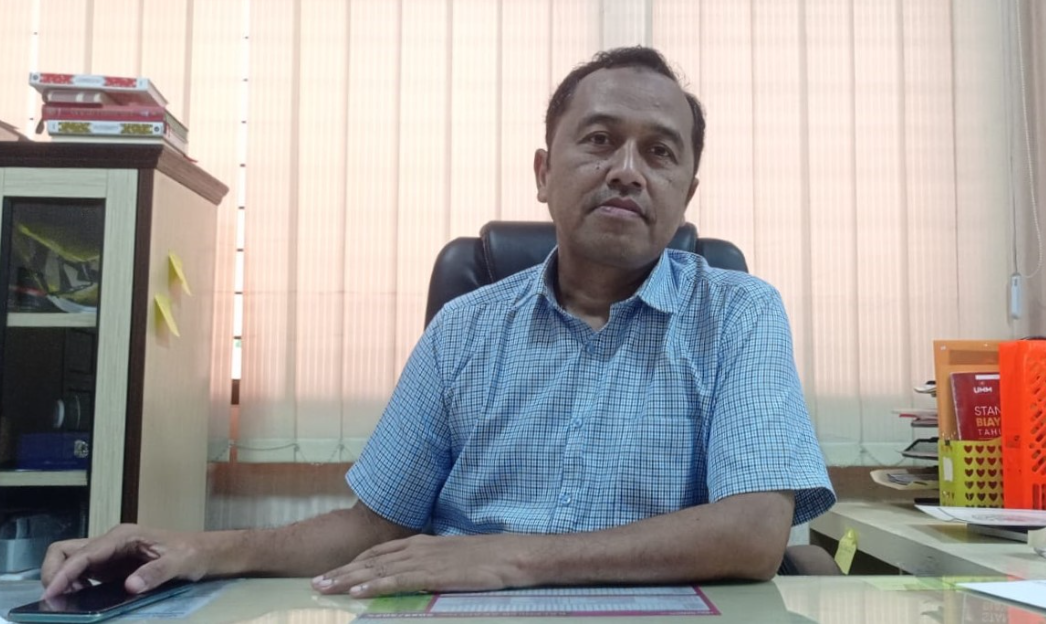
Malang (25/11), As the rainy season enters which brings light to heavy rainfall, Mr. Machmud Effendy, ST., M.Eng. from the University of Muhammadiyah Malang (UMM), invited the public to be more alert to the threat of lightning. According to him, lightning contains a negative electric charge and tends to search for objects that have a positive electric charge, including the Earth.
Mr. Machmud emphasized the importance of public awareness of the dangers of lightning, which can cause material loss and even take lives. Tall and spacious buildings with lots of electricity, such as houses, offices, sports halls, and government buildings, are vulnerable to being targeted by lightning.
In an effort to protect yourself from the dangers of lightning, Mr. Machmud proposed several preventive steps. First, monitor the weather forecast regularly, especially during bad weather. Second, stay away from open places during the rain. Third, limit the use of electricity and cell phones, which can become pathways for lightning currents, especially during bad weather.
Apart from that, it is important for the public to receive adequate education about how to protect themselves from lightning. Mr. Machmud highlights a common misunderstanding regarding the difference between lightning catchers and lightning rods. Even though the purpose is the same, they both have different functions. Lightning catchers work by catching lightning that strikes and channeling it to the ground with the lowest possible voltage. On the other hand, lightning rods use very high voltage to directly discharge lightning.
People are often confused about this difference, which, according to Mr. Machmud, reflects a lack of education and misperceptions about lightning. Although lightning rods have a higher cost, especially because they use devices with the ability to generate voltages of more than 40,000 volts, their advantages include a wide range, reaching a radius of up to 50 meters. This tool is suitable for larger areas, such as industrial areas and offices, with the advantage of no radiation which can harm the environment and humans.